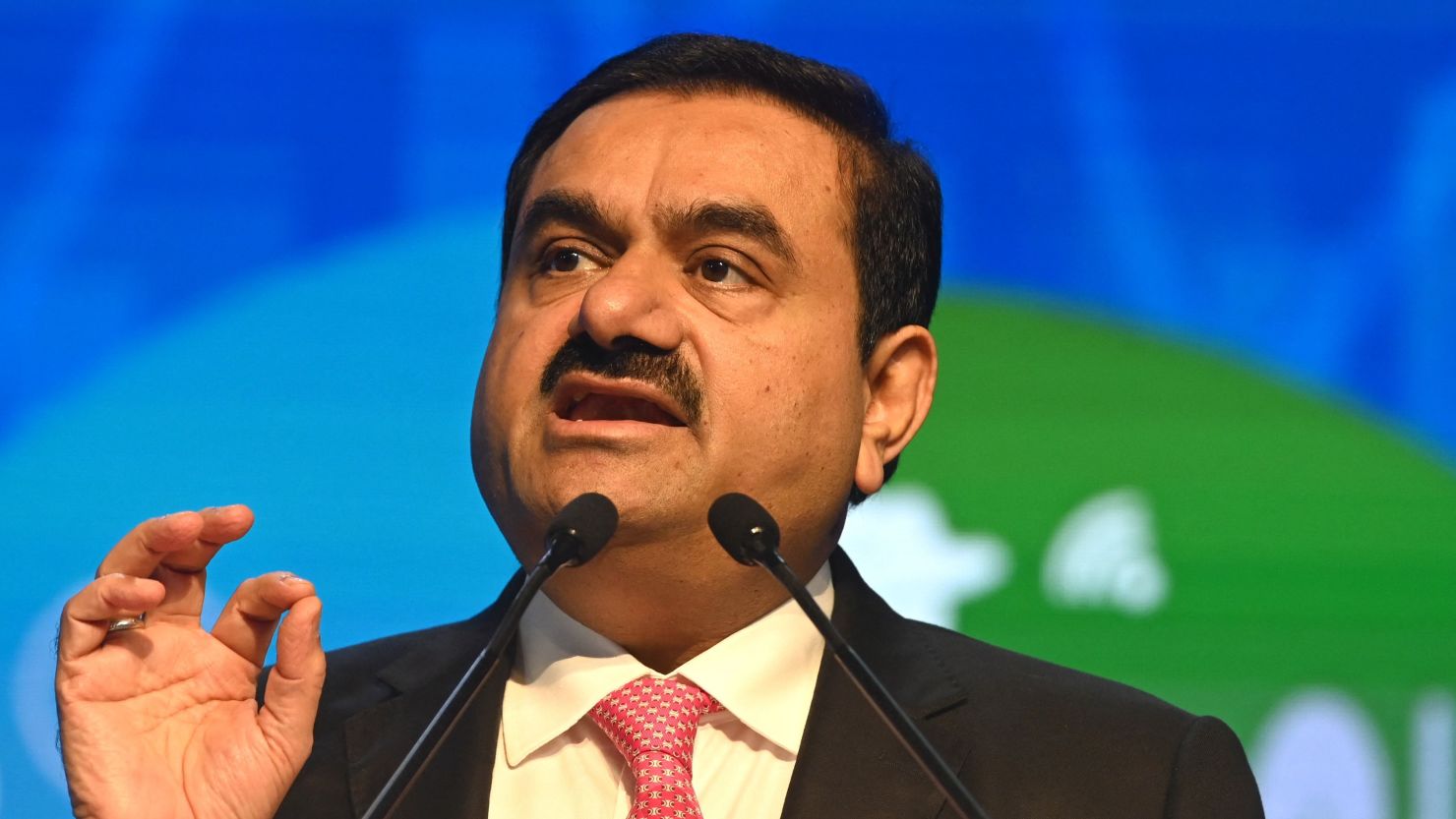
The Securities and Exchange Board of India (SEBI) is working on a proposal to make monthly systematic investment plans (SIPs) in mutual funds as low as Rs 250 viable for investors. Buch, who was speaking at a webinar organised by the Association of Mutual Funds in India (AMFI) on Friday, said that the regulator is in consultation with the industry and the government to reduce the transaction costs and tax implications for such small SIPs.
SIPs are a popular mode of investing in mutual funds, where investors can invest a fixed amount at regular intervals, such as monthly or quarterly, in a chosen scheme. SIPs help investors to benefit from the power of compounding, dollar-cost averaging, and disciplined investing. SIPs also enable investors to participate in the equity markets without timing them, and to create long-term wealth for their financial goals.
According to AMFI data, there are over 4.2 crore SIP accounts in India, with a monthly inflow of over Rs 9,000 crore. The average SIP size is around Rs 2,800, and the minimum SIP amount is Rs 100 for most mutual fund schemes. However, Buch said that there is a need to make SIPs more affordable and accessible for the masses, especially the low-income and rural segments, who may not be able to invest large sums at once.
“We are working on a proposal to make SIPs of Rs 250 per month viable for investors. This will help in financial inclusion and democratization of mutual funds. We are in touch with the industry and the government to sort out the issues related to transaction costs and taxation for such small SIPs,” Buch said
Buch said that SEBI is also exploring the possibility of allowing micro SIPs, which are SIPs of less than Rs 50,000 per year, without the requirement of PAN card and KYC verification. He said that this will help in bringing more investors into the mutual fund fold, especially from the unbanked and under-served areas.
“We are looking at how we can facilitate micro SIPs without PAN and KYC, by using Aadhaar or other modes of identification. This will help in reaching out to the untapped potential of investors, who may not have access to formal banking channels or documentation. We are working on the operational and regulatory aspects of this proposal,” Buch said
Buch also said that SEBI is committed to protecting the interests of mutual fund investors and ensuring the growth and stability of the industry. He said that SEBI has taken several measures in the recent past to enhance the transparency, governance, and risk management of mutual funds, such as introducing the risk-o-meter, revising the valuation norms, and streamlining the categorization and benchmarking of schemes.
Buch also urged the mutual fund industry to adopt the best practices and standards of disclosure, compliance, and investor education. He said that the industry should focus on increasing the penetration and diversification of mutual funds, by reaching out to new investors and new geographies, and by offering innovative and suitable products and services.
Buch also lauded the role of mutual funds in the development of the capital markets and the economy. He said that mutual funds have been instrumental in mobilizing the savings of the people and channelizing them into productive sectors. He said that mutual funds have also contributed to the deepening and broadening of the market, by providing liquidity, stability, and efficiency.
Buch expressed his confidence in the future prospects of the mutual fund industry, which has grown to over Rs 35 lakh crore in assets under management (AUM), with over 9.5 crore folios. He said that the industry has a huge potential to grow further, given the low penetration and awareness of mutual funds in India, compared to the global standards.
“We are optimistic about the growth of the mutual fund industry in India, which has shown resilience and robustness in the face of the Covid-19 pandemic. We believe that mutual funds can play a vital role in the economic recovery and growth of the country, by providing long-term and stable capital to various sectors. We also believe that mutual funds can help in creating wealth and financial security for the investors, by offering them a range of products and services to suit their needs and risk profiles,” Buch said.







